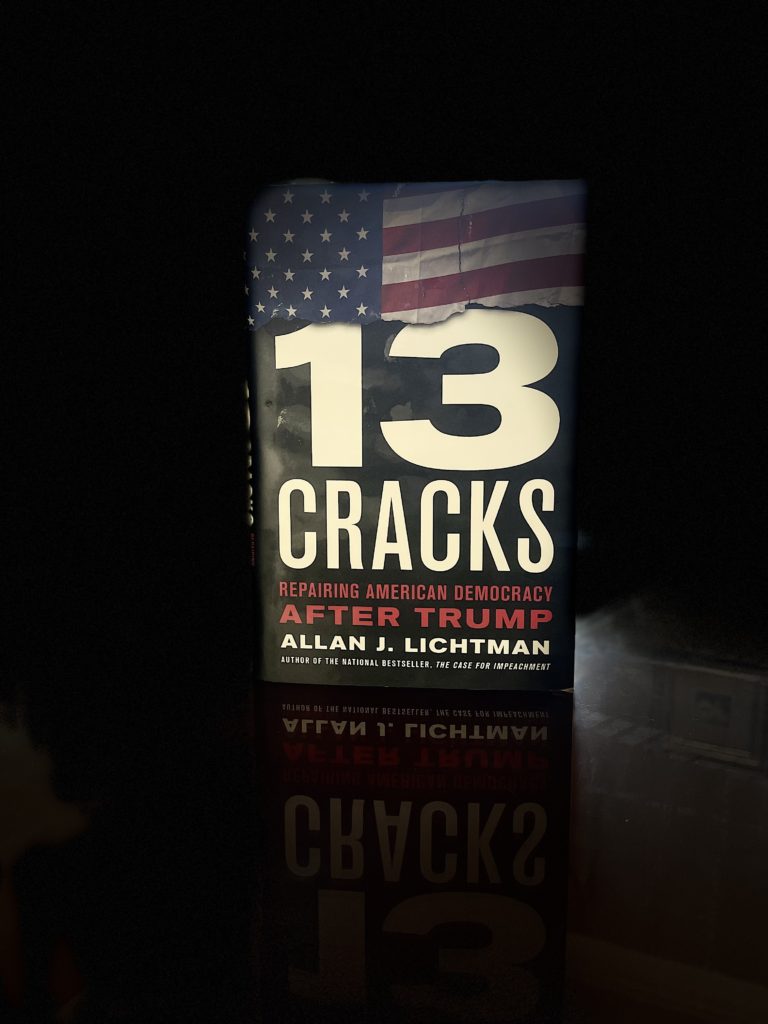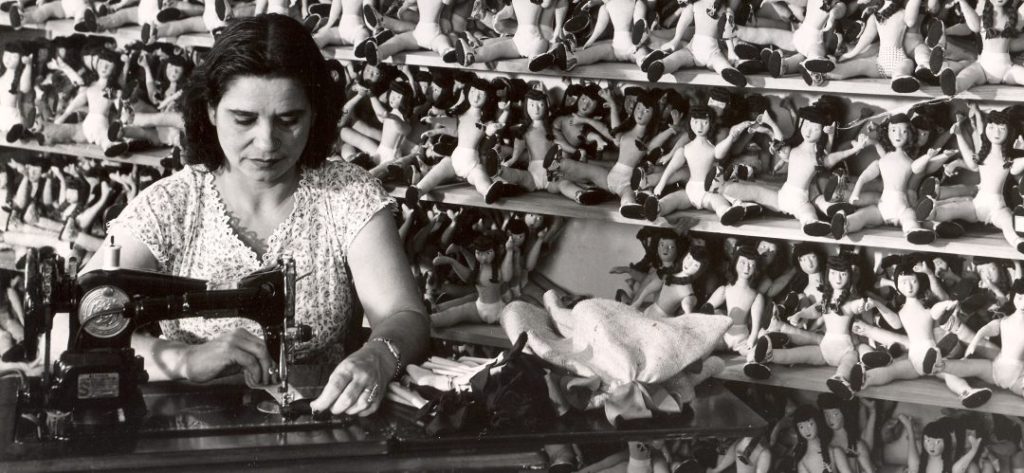Distinguished Professor of History at American University Allan Lichtman has done it again. With his latest book 13 Cracks: Repairing American Democracy After Trump, Lichtman has given readers a deep dive into the historical context entrenched in the Trump administration’s multitude abuses of power. In the process, Lichtman details different historical examples of how both Democratic and Republican presidents have engaged in practices that have overstepped the appropriate and constitutional level of their presidential power. But, as Lichtman lays bare, former President Donald Trump went beyond the excesses of past presidents because he ripped through all the cracks embedded in U.S. democracy and he broke them open more callously than any of his predecessors.
Reviewing History
Is Gender History just a Fancy Name for Women’s History?
The short answer is no. There are plenty of historians of women’s history who do not go into a detailed inspection of gender and there are plenty of gender historians who do not focus on women’s historical experiences in particular. To be sure, there are important connections between the two fields. Gender history developed in part from the field of women’s history and there are many historians, including me, who combine both fields in their research and writing. As well, both women’s history and gender history have helped to address the inadequacies of previously accepted male-centric histories, which had structured historical topics around the supposed achievements of great white men. Still, there are important differences between women’s history and gender history. While historians of women’s history foreground women as historical actors, historians of gender history focus on how ideas about what it means to be a man and a woman have shaped major historical struggles and events. Since we recently celebrated women’s history month, now is a good time to dissect the relationship between women’s history and gender history. As I suggest in my conclusion, both fields can help historians shed light on an emerging debate about civic rights that is taking form in certain social activist circles.
The Madness Needs to Stop. A Review of Allan Lichtman’s Repeal the Second Amendment: The Case for a Safer America

“A well regulated militia, being necessary to the security of a free State, the right of the people to keep and bear Arms, shall not be infringed.” How did a once inconsequential, dismissed, and somewhat forgotten, sliver of the United States Constitution become such a hotbed of political strife and the source of overwhelming, mass violence? In Repeal the Second Amendment: The Case for a Safer America, Allan Lichtman, a distinguished professor of history at American University, draws upon a wealth of source material and meticulous historical research to explain how the National Rifle Association (NRA) has hijacked the history of the Second Amendment. In an effort to convince gun control advocates that they must pursue the repeal of the Second Amendment, Lichtman probes the history of firearms and gun regulations from colonial times to the present to detail the ways in which the NRA has manufactured a distorted history of gun ownership in America. Lichtman argues that the “iron triangle” of the gun lobby, the gun industry, and an array of pro-gun (mostly Republican) politicians have used a twisted and misleading history of the Second Amendment to advance their own interests, and enrich their pockets, while entrapping Americans into an endless cycle of gun violence.[1] To solve American’s gun violence problem, Lichtman concludes, the Second Amendment must be repealed.
Greta Gerwig’s “Little Women” is Awesome. Here is Why.

If you, like me, loved Gillian Armstrong’s 1994 film, “Little Women,” which starred Winona Ryder as the treasured iconic tomboy, Jo March, you might have been doubtful about the need for yet another Little Women film adaptation. Louisa May Alcott’s cherished nineteenth-century story, Little Women, has been adapted for stage and screen several times, but, for many viewers, the beloved Armstrong version was the definitive visual interpretation of the story. Well, that was the case until Greta Gerwig’s newest film adaptation of “Little Women” hit the theaters this past December. Gerwig’s film stands out not only because it maps new ground for understanding the intricate layers of meaning wrapped in the classic tale, but also because it is a piece of art in its own right.
Shattering the Authority of the Past and Present: Why you should give a damn about Michel Foucault
These days we are constantly bombarded with the phrase: “Fake News! Fake News!” In the midst of it all, I cannot help but think of Michel Foucault. It seems others have thought of him too—but for strikingly different reasons. Some have pointed out that like the postmodernist school of thought, which Foucault was a part of, the concept of truth is malleable for President Trump. These commentators argue that Trump’s disregard for factual information and his inclination to question the sincerity of settled knowledge, follows the postmodernist assertion that truth is not discovered, but created.[1] Yet, as I see it, anyone who claims that Trump and Foucault seamlessly align on some kind of ideological plane have missed the point of Foucault’s philosophy entirely.



